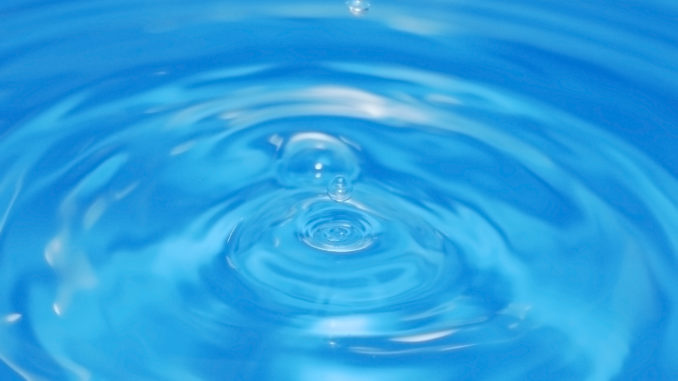
Water constitutes nearly 70% of the healthy human body weight. When the water level falls below this value, it can lead to a condition known as dehydration.
Dehydration occurs when the quantity of fluids consumed is less than that which is given out in the form of respiration, perspiration and urine. It usually goes unnoticed when there is a small decrease of a few percent in the water weight ratio from the normal condition.
However, if not dealt with in time, this can lead to severe problems, especially in babies and young children when the deviation is more than 5% from normal.
People who are at a higher risk from dehydration include athletes, individuals suffering from AIDS, the mentally handicapped, diet conscious individuals, drug addicts, individuals consuming excess salt, people living in arid conditions and those that consume an excessive amounts of alcohol.
The symptoms of dehydration include:
- Cold hands and feet
- Cramps
- Dizziness
- Dryness of the mouth
- Excessive thirst
- Fatigue
- Flushed skin
- High fever
- Irritability
- Less urination
- Lethargy
- Low blood pressure and headache
- Rapid and weak pulse
- Rapid breathing
- Stiff and/or painful joints
- Sunken eyes
You can check for dehydration by checking your urine color. The normal color of urine is clear or pale yellow. If it is dark in color, then additional fluid intake is needed.
There are several complications that are caused due to dehydration, some of which include cancer (breast, colon and urinary tract cancer), kidney stones, diminished synchronization of muscles, memory loss, dementia, constipation and heat stroke. In a worst-case scenario, it can lead to death.
Drinking a lot of fluid, especially during summertime and hotter weather, can prevent dehydration. To avoid excess sweating loose fitting clothing should be worn. Sources of caffeine, such as coffee, tea and soda should be avoided during summer, as they are all diuretics.
Recommendations to help prevent dehydration
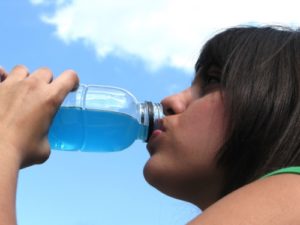
The American College of Sports Medicine suggests that 16 ounces of water before exercise, 4 to 8 ounces during exercise and 16 ounces after exercise can help prevent dehydration. Research also suggests that one must not drink a lot of fluids all at once, but rather at regular intervals to allow the body to absorb it properly.
Health problems associated with dehydration
There are several causes for dehydration. One common cause is gastrointestinal complications, by which fluids from the body are lost through vomiting and diarrhea. Overexertion due to outdoor activities like running and other sports, especially in the summer months, can also lead to dehydration.
When a person runs in intense heat, the body sends more blood to the skin for cooling and as a result, more blood deficient in oxygen is left behind in the leg muscles. Due to increased sweating, more and more blood is sent to the skin for cooling and because of this the leg muscles get deprived of oxygen. This finally results in a decrease in the runner’s pace.
Some wrestlers dehydrate themselves purposefully to reach a certain body weight. This, rather than being helpful, usually leads to severe problems like weakness and lower sodium and potassium levels in the body and it can also affect the heart’s rhythm. Dieting is also another cause of lower body fluid levels. Laxatives and diuretics that are used as diet supplements can also be harmful.
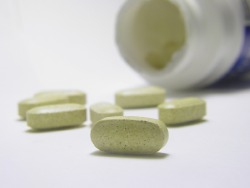
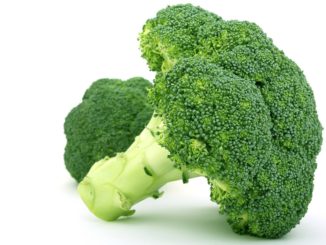
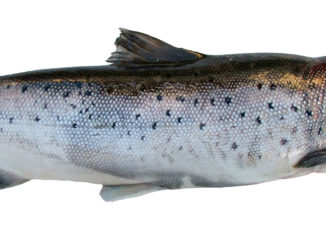
Be the first to comment